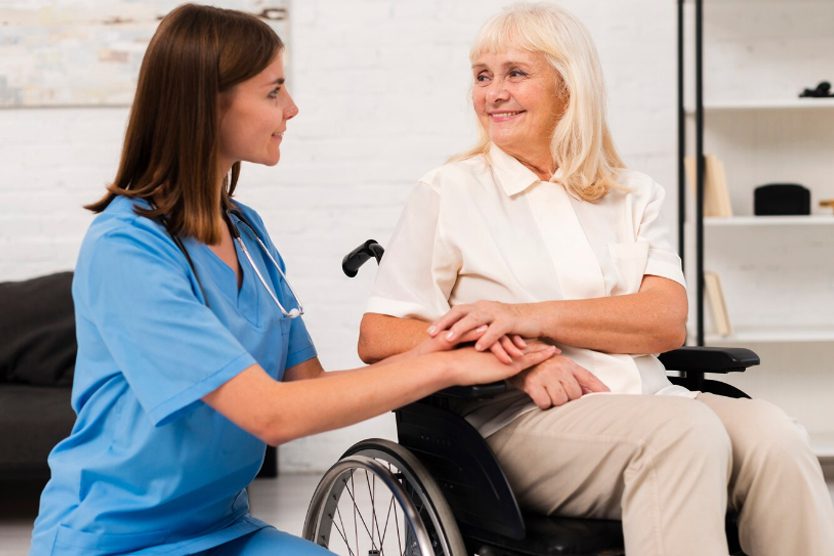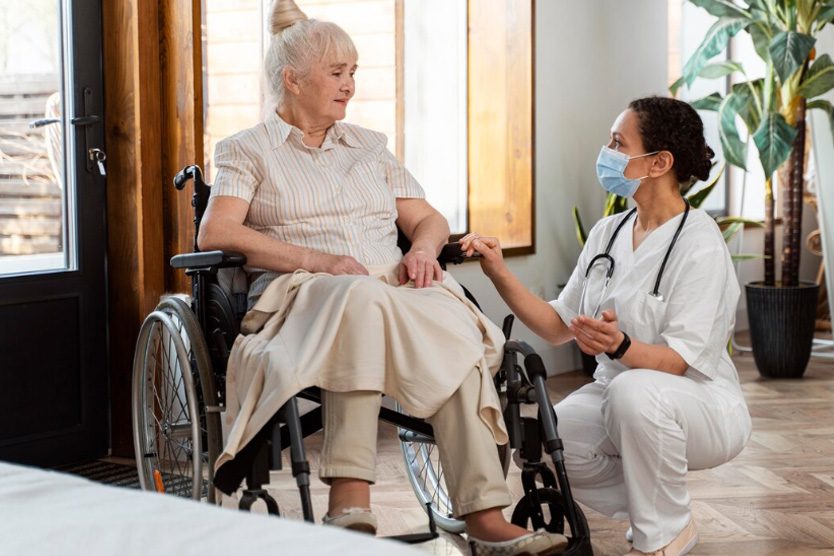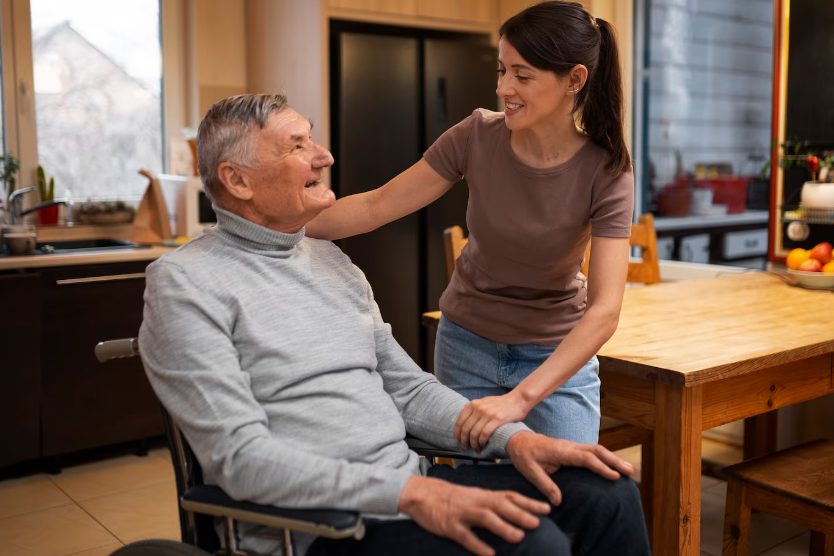Empowering Home Care Constructing a User-Friendly Website
Table of Contents In an era where convenience and accessibility reign supreme, creating a user-friendly and mobile-responsive website for your home care agency is paramount. As the demand for elderly and personal care services continues to rise, having an online…





